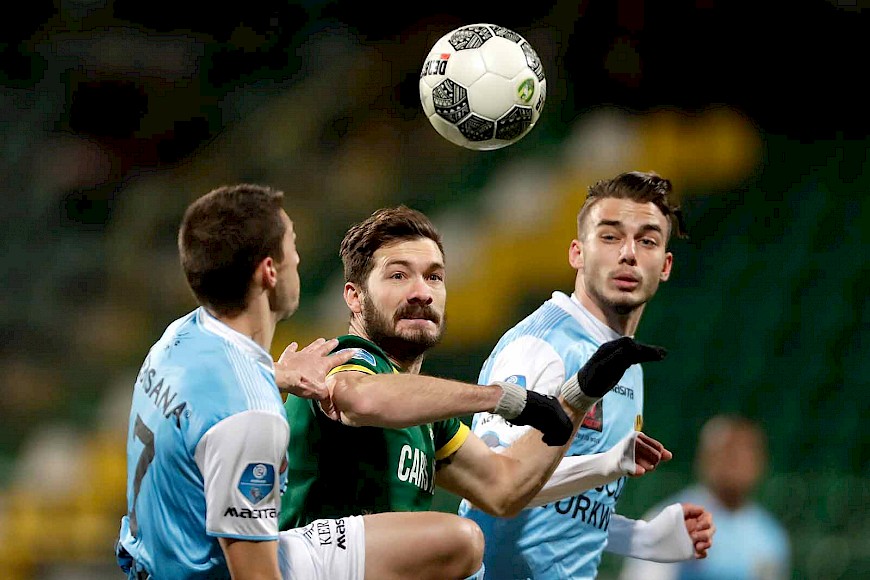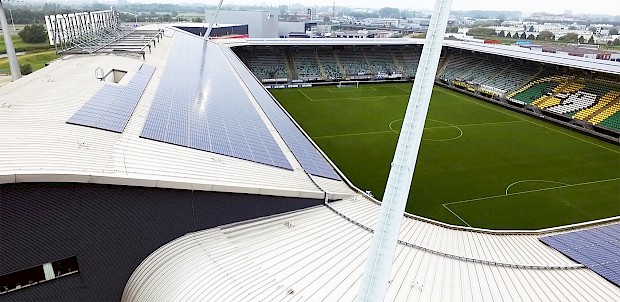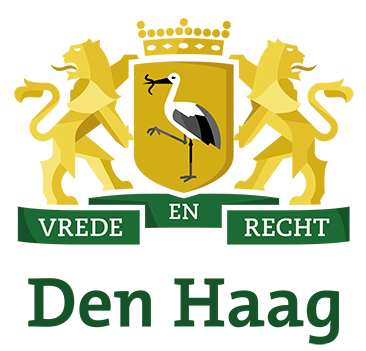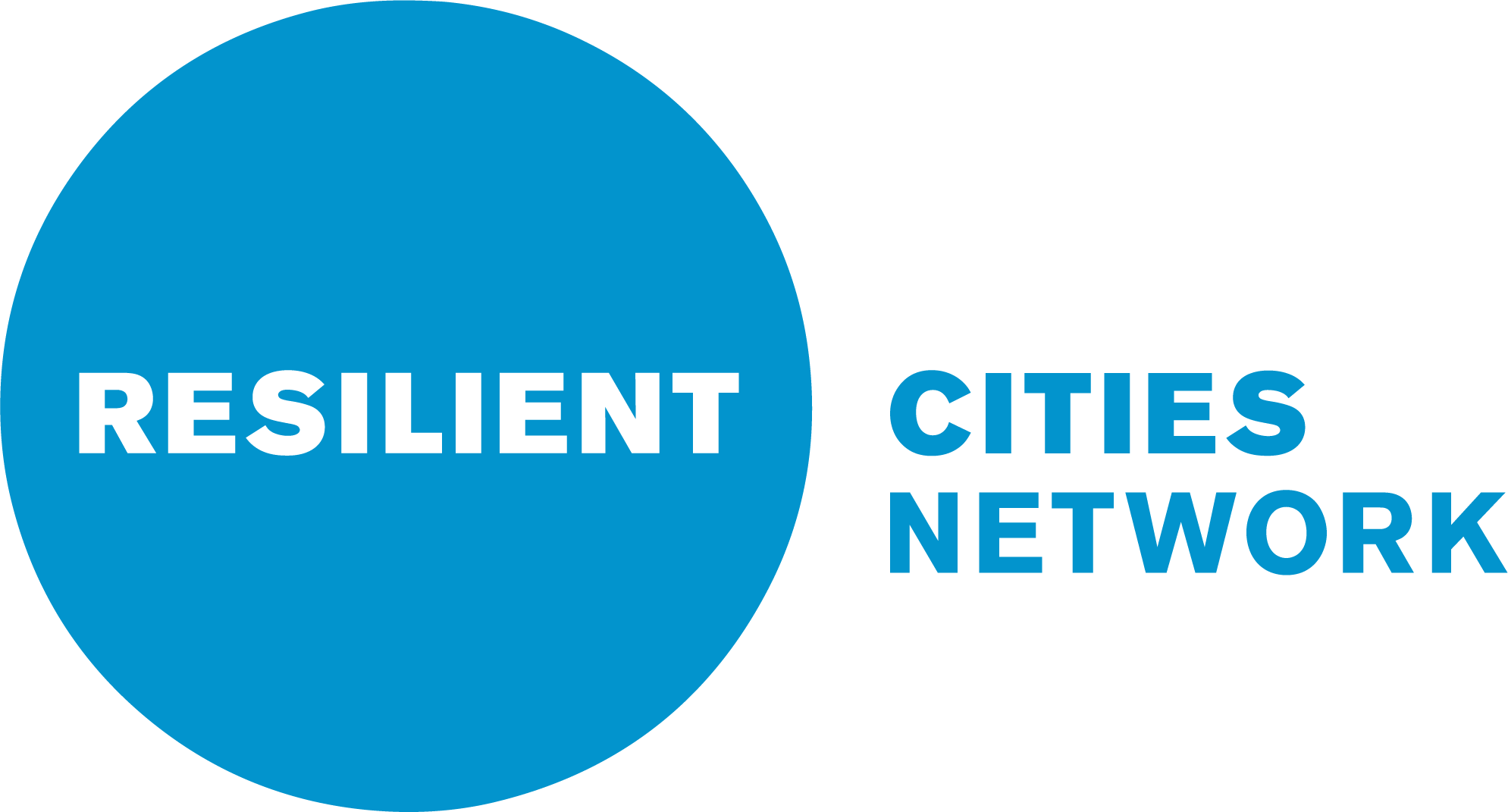The Eredivisie Championship may not be there for ADO Den Haag this year, but when it comes to sustainability, it is certainly a top club.
It is no coincidence that a professional football club participates in an ambitious energy project to collect and store solar energy, explains Henk Fidder of network manager Stedin. “It's about the location. Such a stadium can absorb an enormous amount of solar energy. And there are high peaks in electricity use. At an evening game the lights go on. And the public increasingly wants to recharge cars.”
A battery system to store energy collected throughout the day is being tested. . At other times the energy can become available for different uses. The Municipality of The Hague is also involved in this project because the use of solar energy and electric cars provides cleaner air – in this sense the project provides a true resilience dividend. The Alfen company (the storage system and the charging station) and energy supplier Scholt Energy Control play a major role in delivering this project.
Sustainability ladder
"With this project, ADO Den Haag is leading in Europe", says Fidder. “The club is now high on the sustainability ladder. It really gives a great look.”
The energy world sees many advantages in the local collection and storage of renewable energy. Not only in order to overcome the disadvantages of fossil energy – it also reduces the need for large-scale and expensive investments for central energy facilities, as well as providing redundancy in the system so facilities can remain operational if the grid is disrupted. A similar, comparable Stedin project is at the Jaarbeurs in Utrecht.
Role model
Eduard Duplan plays football at ADO Den Haag and, like team-mate Erik Falkenburg, drives an electric car. He needs no petrol guzzling car to be cool. He prefers to be a role model for football supporters in a different way. “I think it's nice to be an example for the fans as a footballer. But I do not get a lot of reactions to my electric car yet, although I think that some are surprised at first.” The football player applauds ADO The Hague for highlighting opportunities to be sustainable to other clubs in the Eredivisie and beyond. He also strives for sustainability in his daily life. “At home we try to be aware of the environment. We do well on waste separation. We want to contribute in this way.” While Duplan generally seems to be sparing with energy, this stops when he enters the pitch. “Energy-efficient football does not seem like a good idea,” he laughed.



